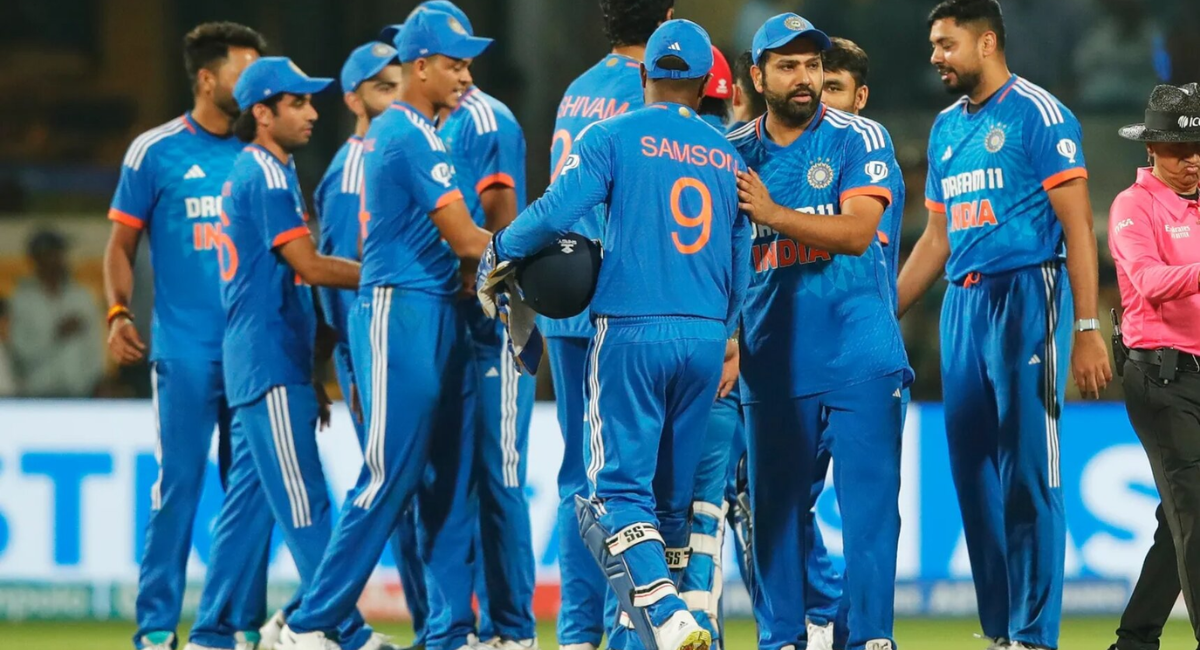Controversial Umpiring Decision Costs Bangladesh in T20 World Cup Match Against South Africa
In a tightly contested T20 World Cup 2024 match, Bangladesh fell short by just four runs against South Africa on Monday. Chasing South Africa’s modest total of 113 for 6, Bangladesh managed only 109 for 7. A controversial umpiring decision played a crucial role in the outcome, sparking significant debate and disappointment among Bangladeshi fans and cricket enthusiasts.
Join MyFinal11 WhatsApp Community
Controversial LBW Decision
The controversy erupted in the 17th over of Bangladesh’s innings when Mahmudullah was given out LBW on the second ball. The ball, which had gone to the boundary, was not stopped by any South African player, suggesting it would have counted for four leg-byes. Mahmudullah opted for a DRS review, and the decision was overturned, confirming that he was not out. However, according to ICC rules, the runs were not awarded to Bangladesh since the ball was deemed dead as soon as the initial out decision was made.
ICC Rule No. 3.7 Explained
The rule in question, ICC Rule No. 3.7, states that once the umpire gives a batsman out, the ball is considered dead, even if the decision is later overturned through DRS. This means the batting team does not receive any runs that would have otherwise been awarded had the decision been initially correct. This rule led to Bangladesh not being credited with the four leg-byes that the ball had earned, which ultimately could have tied the game.
Reactions and Support
Former India opener Wasim Jaffer was among those who voiced their support for Bangladesh. In a tweet, Jaffer expressed his sympathy for the Bangladeshi team and their fans, highlighting the unfairness of the rule in this context. “Mahmudullah is wrongly dismissed LBW, the ball goes leg-by-four. The decision was reversed on DRS. Bangladesh does not get 4 runs because the ball is dead when the batter is out, even if the decision is wrong. Africa won by 4 runs. I feel bad for Bangladesh fans…” Jaffer tweeted.
Impact on the Match and Tournament
The decision had a significant impact on the match, ultimately costing Bangladesh a chance to secure a vital win. This loss places additional pressure on the team in their subsequent matches, as every game in the T20 World Cup is crucial for advancing to the next stages. Fans and analysts alike continue to discuss the implications of the rule and whether changes should be considered to prevent similar situations in the future.
Using Reference Of:
|
|---|





